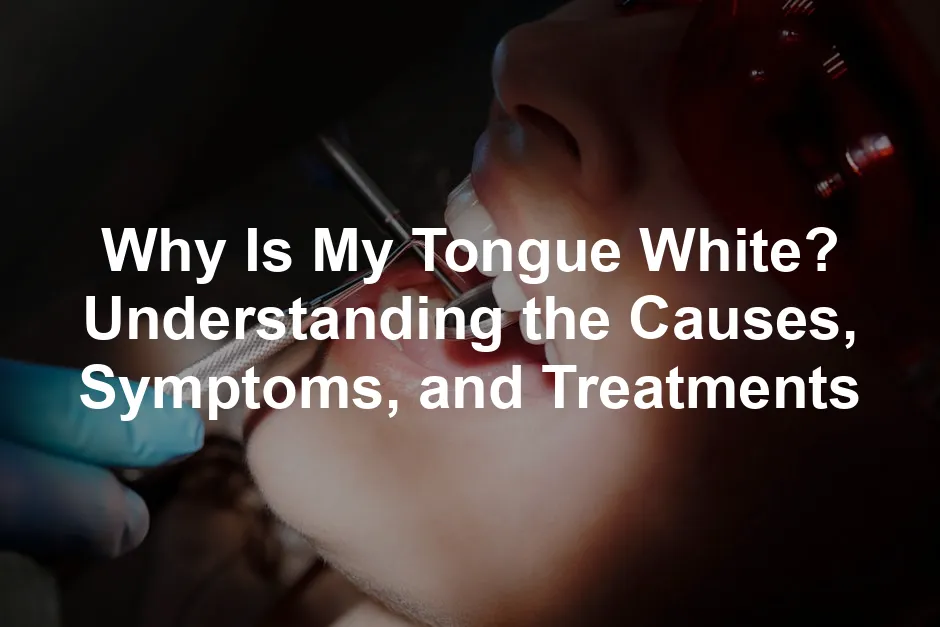
Why Is My Tongue White? Understanding the Causes, Symptoms, and Treatments
Introduction
The sight of a white tongue can be startling, leaving many to wonder what it means for their health. Is it a sign of poor hygiene, or could it be something more serious? A white tongue often raises eyebrows and questions. It might appear as a fuzzy coating or even patches that seem to have taken up residence on your tongue. While it may look alarming, most cases are harmless and temporary.
So, what gives? A white tongue can result from a variety of factors. Poor oral hygiene is a common culprit. If you’re not brushing your tongue or flossing regularly, bacteria, dead cells, and food particles can accumulate, creating that unsightly coating. Moreover, dehydration or dry mouth can also contribute to this condition, as saliva plays a vital role in keeping our mouths clean.
But it doesn’t stop there. Lifestyle choices like smoking or alcohol consumption can leave your tongue looking less than its best. Medical conditions such as oral thrush or leukoplakia can also manifest as a white tongue. It’s essential to recognize these factors, as they can guide you toward the right treatment.
This comprehensive guide will cover the reasons behind a white tongue—ranging from common, benign causes to rare, serious conditions. With a sprinkle of humor and a wealth of information, we aim to demystify this common concern. By doing so, you’ll be empowered to take charge of your oral health and keep that tongue in tip-top shape. So sit back, relax, and let’s unravel the mystery of your white tongue together!

Common Causes of White Tongue
Poor Oral Hygiene
When it comes to a white tongue, poor oral hygiene is often the leading villain. Imagine your tongue as a sponge, soaking up all the remnants of food, bacteria, and dead cells. If you skip regular brushing and flossing, this sponge can get a little too cozy, leading to a buildup that results in that unsightly white coating.
The tiny bumps on your tongue, called papillae, can swell and trap all sorts of debris. This not only impacts your tongue’s appearance but can also contribute to bad breath. So, how can you keep your tongue looking fresh? Regular brushing and tongue cleaning should be non-negotiable in your oral hygiene routine. A simple tongue scraper or your trusty soft-bristled toothbrush can work wonders in preventing this condition. Make it a habit, and your tongue will thank you!

Dehydration and Dry Mouth
Ever felt like your mouth is a desert? Dehydration can lead to dry mouth, which is notorious for causing a white tongue. Saliva plays a crucial role in keeping your mouth clean and bacteria-free. When you don’t drink enough fluids, your saliva production dips, and the debris gets a chance to settle on your tongue.
Staying hydrated is essential for your overall health, including your oral health. Aim for at least eight glasses of water daily. If you’re worried about dry mouth, consider using mouthwash specifically designed to combat this issue. Products with moisturizing properties can help keep your mouth feeling fresh. You’ll not only feel better, but your tongue will look better, too!

Tobacco and Alcohol Use
If you’ve ever wondered what smoking and drinking can do to your tongue, you might not like the answer. Both tobacco and alcohol can irritate your tongue, leading to a white coating that’s hard to ignore. Tobacco use, whether smoking or chewing, drastically increases your risk for oral cancer and can lead to chronic bad breath.
And let’s not forget about alcohol! It has a diuretic effect, which means it can dry out your mouth. A dry mouth is a breeding ground for bacteria, making that white coating even more likely. Cutting back on these habits can significantly improve your oral health and keep your tongue looking its best. Your body—and your tongue—will thank you for it!

Medical Conditions
Oral Thrush
Oral thrush is a fungal infection caused by an overgrowth of Candida yeast. It often manifests as white patches on the tongue and inside the mouth. If you notice these symptoms, especially if you have a reduced immune response, it’s time to take action. Treatments usually involve antifungal medications, which can clear up the infection in no time. If left untreated, oral thrush can cause discomfort and difficulty eating. If you’re facing this issue, consider Nystatin, which is effective for treating this pesky condition.
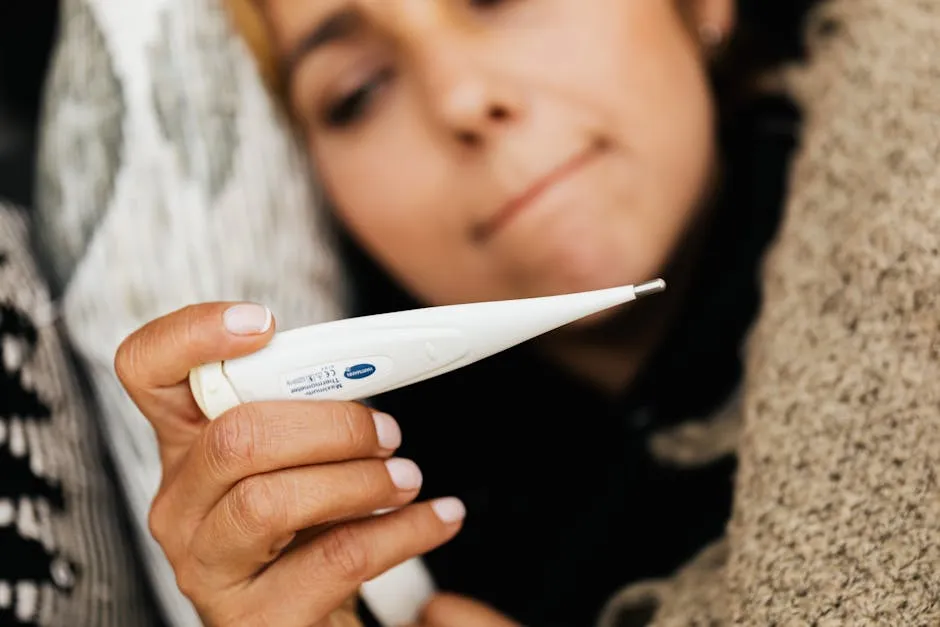
Leukoplakia
Leukoplakia is characterized by thick, white patches that can form on your tongue or inside your cheeks. It’s often caused by irritants like tobacco or alcohol. While leukoplakia itself is not usually serious, it can sometimes lead to more severe conditions if not monitored. If you spot these patches, consult a healthcare provider to ensure they don’t progress.
Geographic Tongue
Geographic tongue might sound fancy, but it’s generally harmless. This condition presents as irregular, smooth red patches on the tongue, bordered by white. Though it can be concerning, geographic tongue typically requires no treatment. However, if you experience discomfort, a visit to your dental professional can help manage any symptoms.
Other Potential Causes
Beyond the common culprits, several other conditions can contribute to a white tongue. For instance, syphilis, a sexually transmitted infection, can manifest with white patches in the mouth. Oral lichen planus, an inflammatory condition, can also cause white patches. If you experience a persistent white tongue accompanied by concerning symptoms, it’s essential to consult a healthcare professional for a proper diagnosis and treatment options.
In summary, a white tongue can arise from various causes, ranging from poor oral hygiene to medical conditions. Understanding these causes can empower you to take proactive steps toward maintaining a healthy mouth and a fresh tongue!

Symptoms Associated with White Tongue
Common Symptoms
A white tongue often doesn’t come alone; it brings friends. Some common companions include bad breath, altered taste, and discomfort. Bad breath, also known as halitosis, results from bacteria thriving on your tongue. This can create a less-than-pleasant odor that might make you avoid close conversations.
Altered taste is another annoying side effect. You might find that your favorite foods taste different, or worse, bland. This can be frustrating, especially when you’re craving something delicious! Discomfort is yet another unwelcome guest. A white tongue can feel rough or sensitive, making eating and speaking a chore.
It’s essential to pay attention to these additional symptoms. They can provide valuable clues to help diagnose the underlying cause of your white tongue. If you notice persistent bad breath or changes in taste, it may indicate a need for a thorough dental check-up.

When to Seek Medical Attention
Now, let’s talk about when you should raise the alarm. While a white tongue is often harmless, certain red flags suggest you should consult a healthcare professional. If your symptoms stick around for more than two weeks, that’s a sign! Lingering issues can indicate an underlying problem that needs addressing.
Pain is another critical factor. If your white tongue comes with discomfort or pain, don’t ignore it. This could point to infections or other serious conditions. Lastly, keep an eye out for systemic symptoms like fever or unexplained weight loss. These might signal a more significant health issue that requires immediate attention.
In summary, while a white tongue often doesn’t spell disaster, it’s crucial to monitor accompanying symptoms. If anything feels off or persists, don’t hesitate to seek medical advice. After all, it’s better to be safe than sorry when it comes to your health!

Treatment Options
Home Remedies
When it comes to treating a white tongue, home remedies can be surprisingly effective! Let’s talk about a few simple yet powerful options that can help restore your tongue to its natural hue.
First and foremost, hydration is key! Drinking plenty of water keeps your mouth moist and helps wash away food particles and bacteria. Aim for at least eight glasses a day. If you’re feeling fancy, add a slice of lemon to your water. Not only does it taste refreshing, but lemon also helps stimulate saliva production, which is your mouth’s natural cleaning agent.
Next on the list is tongue scraping. It may sound a bit odd, but using a tongue scraper or even your toothbrush can work wonders. Gently scraping the surface of your tongue removes that pesky white coating and leaves your mouth feeling fresh. Just remember: be gentle! You want to avoid any irritation.

Lastly, consider incorporating probiotics into your diet. Probiotics are the good bacteria that help balance your oral microbiome. You can find them in foods like yogurt, kefir, and fermented veggies. Not only are they great for your gut health, but they can also help combat the overgrowth of harmful bacteria and yeast in your mouth. So, go ahead and enjoy some kimchi or a delicious yogurt parfait!

Professional Treatments
While home remedies are fantastic, sometimes you need a little extra help from the pros. When a white tongue persists despite your best efforts, it’s time to consult a healthcare provider. They can identify the underlying cause and recommend appropriate treatments.
If oral thrush is the culprit, antifungal medications are the go-to remedy. Medications like fluconazole or nystatin can effectively eliminate the pesky Candida yeast causing those white patches. They come in various forms, including lozenges and mouth rinses, so you can choose what works best for you.
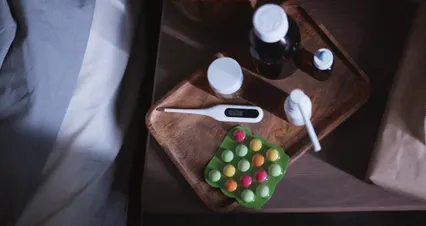
For those dealing with leukoplakia, regular monitoring is essential. While leukoplakia often isn’t serious, it’s crucial to keep an eye on any changes. In some cases, if the patches show signs of turning into something more concerning, your healthcare provider might suggest removal.
Then there’s lichen planus, an inflammatory condition that can lead to white patches. Depending on its severity, corticosteroids might be prescribed to help reduce inflammation and discomfort. Your healthcare provider will guide you through the process, ensuring your treatment plan is tailored to your needs.
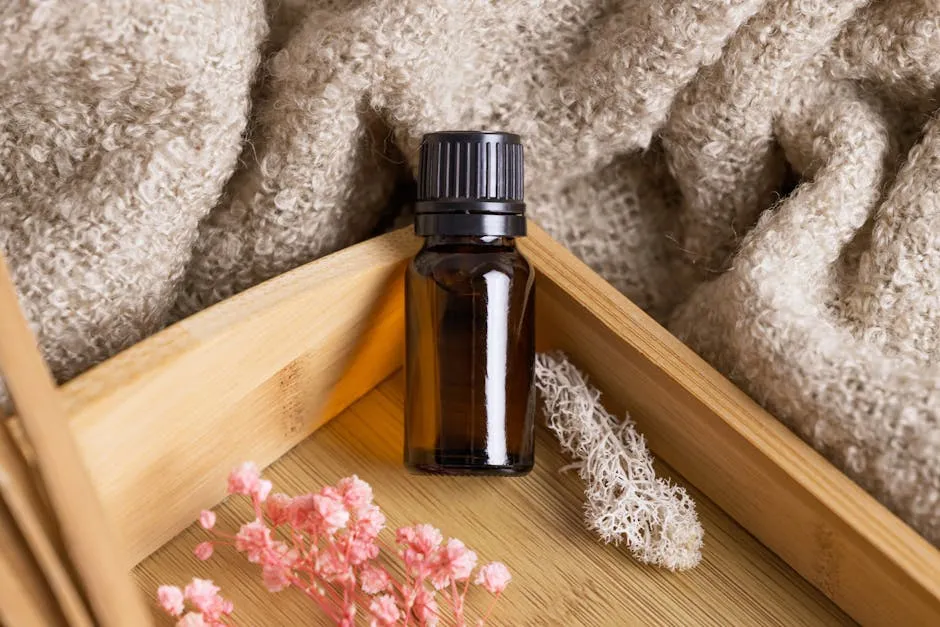
Preventive Measures
Preventing a white tongue is all about maintaining good oral hygiene. Think of it as a friendly reminder for your mouth! Regular dental check-ups should be your new best friend. Aim to visit your dentist every six months for a thorough cleaning and examination.
Proper brushing techniques are also crucial. Don’t just focus on your teeth; give your tongue some love too! Use a bamboo toothbrush or a tongue scraper to keep that area clean. You wouldn’t want to neglect an area that plays such a big role in your oral health!
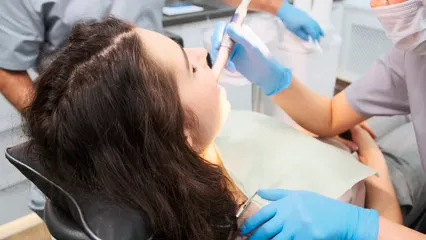
Don’t forget about your diet! A balanced diet rich in fruits and vegetables can do wonders for your mouth. Foods high in fiber and vitamins can help keep your mouth healthy and promote salivation. On the flip side, try to limit your intake of tobacco and alcohol. Both can dry out your mouth and lead to a white tongue.
In summary, taking proactive steps towards oral health can significantly reduce the chances of developing a white tongue. Whether through home remedies, professional treatments, or preventive measures, keeping your mouth clean and healthy is the name of the game!
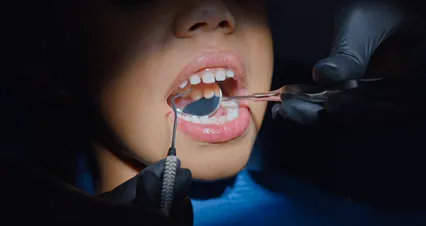
FAQs
What does a white tongue mean?
A white tongue typically indicates poor oral hygiene or may suggest an underlying condition, such as a fungal infection.
How can I treat a white tongue at home?
You can treat a white tongue at home by practicing good oral hygiene. This includes brushing your teeth and tongue regularly, staying hydrated, and using a tongue scraper to remove buildup.
When should I see a doctor for a white tongue?
If your white tongue persists for more than two weeks or if it’s accompanied by pain, difficulty eating, or other concerning symptoms, it’s best to consult a healthcare provider.
Can a white tongue indicate a serious health problem?
In rare cases, yes. It could signal a more serious condition, such as leukoplakia or oral thrush. Always consult a healthcare provider if you have concerns.
Is a white tongue contagious?
Generally, a white tongue itself is not contagious. However, some underlying conditions that cause a white tongue, like oral thrush, can be contagious, so it’s important to seek treatment if necessary.
Please let us know what you think about our content by leaving a comment down below!
Thank you for reading till here 🙂 Don’t forget to grab a Hydration Reminder Bottle to keep your water intake on track!
All images from Pexels




